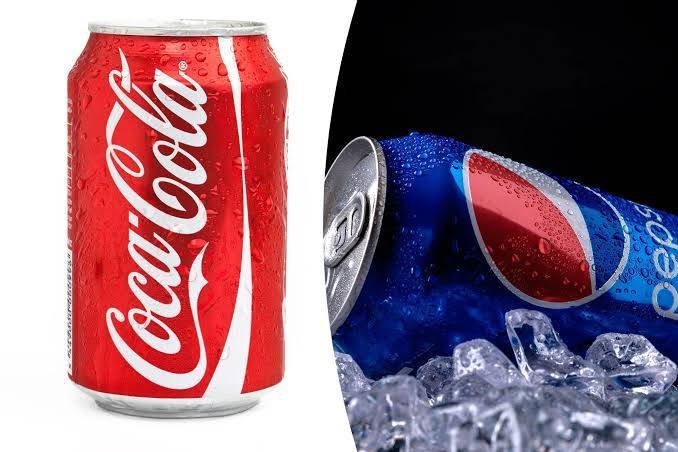Introduction: The impact of carbonated beverages on fertility and sex organs in men
A recent study conducted by researchers at Northwest Minzu University in China has suggested that consuming carbonated beverages such as Coca-Cola and Pepsi may promote testis development and enhance testosterone secretion. The study was conducted on mice and aimed to determine the effects of carbonated drinks on fertility and sex organs in men.
The study: Three groups of mice tested over 15 days
Over a period of 15 days, three groups of mice were tested: one group that only drank water, another group that drank different levels of Coca Cola, and the third group that consumed different levels of Pepsi. The rodents were weighed, and blood was drawn on day one, as well as day five, seven, 10, and 15 to measure the changes in testosterone levels.
“The outcomes demonstrated a high dose of Pepsi-Cola or Coca-Cola could promote testis growth and development,” the study said.
The study concluded: “Drinking Coca-Cola and Pepsi-Cola could promote testis development and enhance testosterone secretion.
“Our findings provided the scientific bases for fully understanding carbonated beverages effects and their mechanism on development and reproduction functions of humans, but also benefit to prevent prostate dysfunction and cancer.”
Results: Coca-Cola and Pepsi consumption linked to larger testicular size and higher testosterone levels in mice
The results showed that mice consuming pure Coca-Cola and 100 percent Pepsi had a significant increase in testosterone levels, compared to those that drank water or a mixture of Pepsi and water. Additionally, the testicular size of mice that consumed Coca-Cola and Pepsi was also found to be larger.
The study concluded that “drinking Coca-Cola and Pepsi-Cola could promote testis development and enhance testosterone secretion,” and the findings provide the scientific basis for fully understanding carbonated beverages’ effects on human development and reproductive functions.
However, these findings contradict previous studies that suggested sugary drinks could decrease fertility in men. For example, a survey conducted on 2500 men revealed that those who drank a liter of cola a day had 30 percent fewer sperm than those who drank none.

Nonetheless, the researchers pointed out that caffeine, which is present in both Coca-Cola and Pepsi, can increase testosterone levels. Therefore, caffeine may be responsible for the observed changes in testosterone levels and testicular size in the mice.
While these results provide insight into the potential effects of carbonated beverages on male fertility, it’s important to note that the study was conducted on mice and may not apply to humans. Further research is needed to determine the full effects of carbonated drinks on human fertility and sex organs.
Implications for human health: Benefits for prostate dysfunction and cancer prevention
Despite the need for further research, the findings could be beneficial for the prevention of prostate dysfunction and cancer. Testosterone is a hormone that plays a crucial role in male sexual development and reproductive health. Therefore, the ability of Coca-Cola and Pepsi to enhance testosterone secretion may have positive implications for men’s health.
This study also highlights the need for consumers to be mindful of their beverage choices and their potential impact on their health. While carbonated beverages like Coca-Cola and Pepsi may be popular and refreshing, excessive consumption may have adverse health effects.
In conclusion, the recent study conducted by researchers at Northwest Minzu University suggests that consuming Coca-Cola and Pepsi may promote testis development and enhance testosterone secretion in mice. While these results may have potential implications for male reproductive health, further research is needed to determine the full effects of carbonated drinks on human fertility and sex organs. Nonetheless, the findings provide insight into the potential health benefits and risks associated with carbonated beverage consumption.











